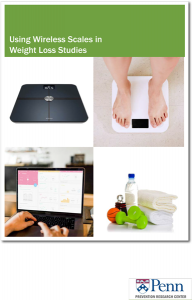Strategic planning for research priorities in schools of nursing requires consensus-building and engagement of key stakeholders. However, traditional approaches to strategic planning using workgroups and committees sometimes result in low rates of faculty participation and fail to engage other important stakeholders.
In a special issue of Nursing Outlook, Kaitlin M. Best, MS RN, Olga Jarrin, PhD, RN, Alison M. Buttenheim, PhD, MBA, Kathryn H. Bowles, PhD, RN, FAAN, and Martha A. Q. Curley, PhD, RN, FAAN describe an unique low-cost, high-yield processes that contributed to the rapid development of their school’s strategic research plan over the course of 1 month.
Most importantly, using the name recognition of the National Collegiate Athletic Association’s annual basketball tournament, the author was able to encourage high levels of participation by faculty, doctoral students, and postdoctoral fellows in not only developing a consensus around eight broad lines of inquiry but also offering tangible recommendations for accomplishing those goals within the next 5 years. However, other schools of nursing seeking to evaluate their research enterprise and align their science with national priorities could easily replicate this approach.
Read the article here.
Best K, Jarrin O, Buttenheim A, Bowles K, Curley M. Innovation in creating a strategic plan for research within an academic community. Nursing Outlook, Jul-Aug 2015, 63:4, 456-461.
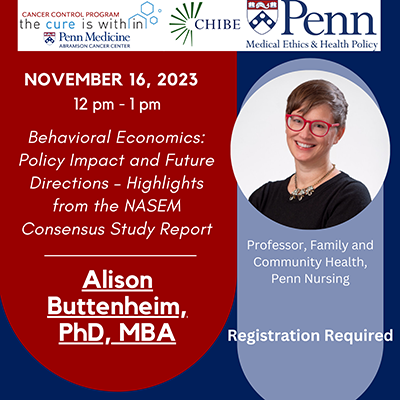

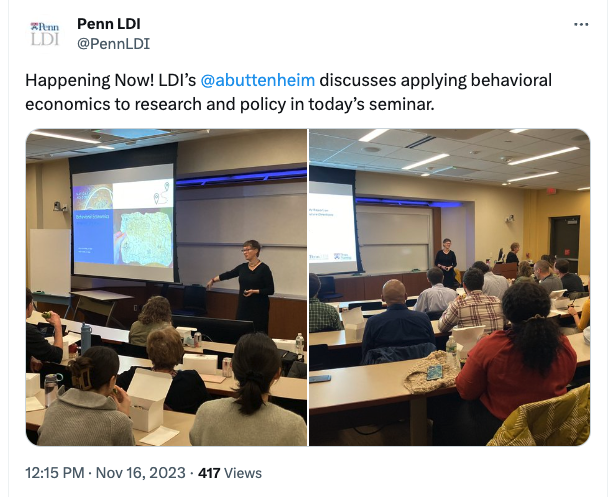
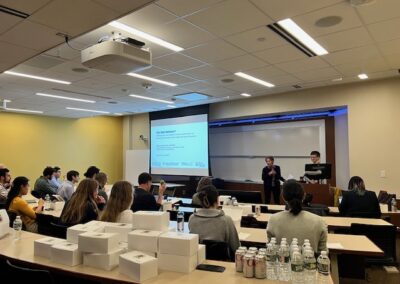
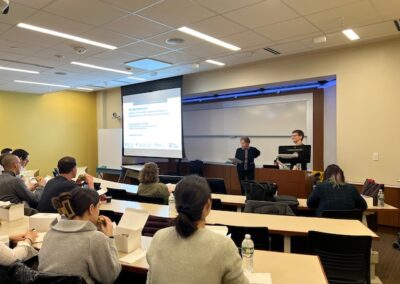
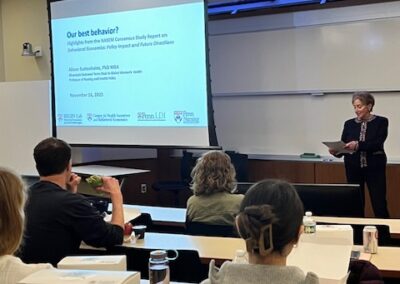
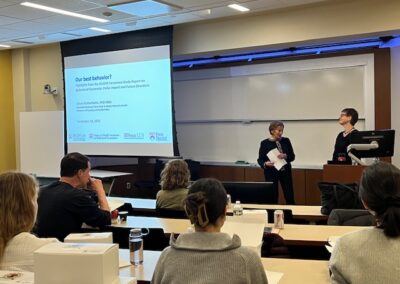

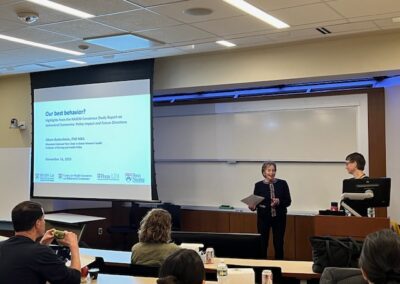
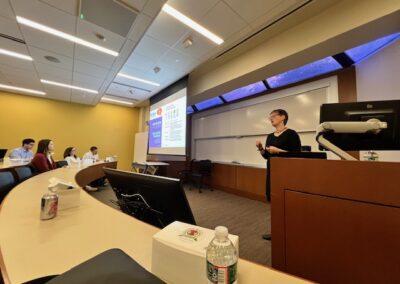
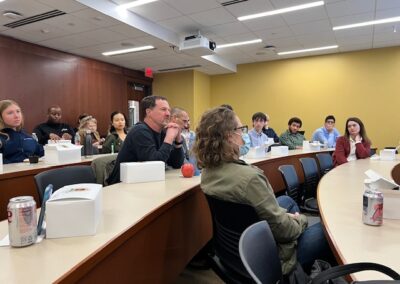
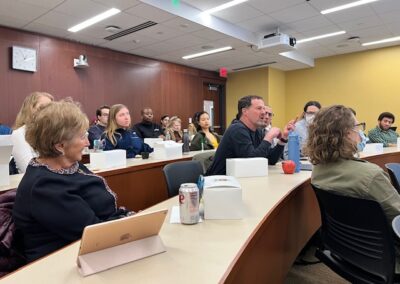
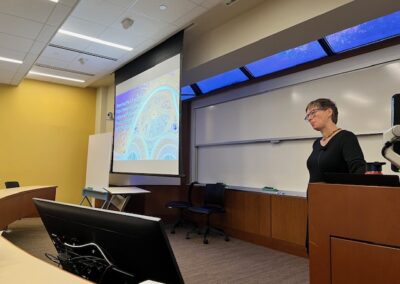
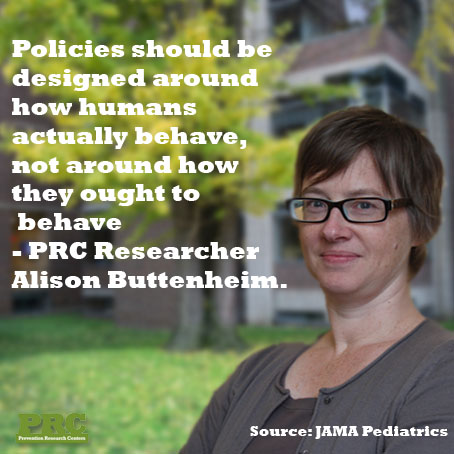
 Whooping cough has increased dramatically over the past five years, putting infants at risk of serious illness or death. Most are infected by a caregiver who has not received a Tdap (tetanus, diphtheria, and pertussis) booster, so caregiver immunization is key to reversing this trend.
Whooping cough has increased dramatically over the past five years, putting infants at risk of serious illness or death. Most are infected by a caregiver who has not received a Tdap (tetanus, diphtheria, and pertussis) booster, so caregiver immunization is key to reversing this trend.